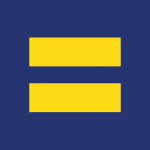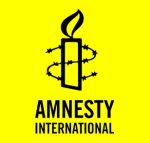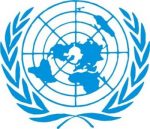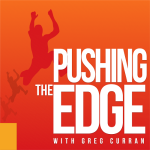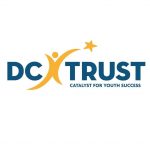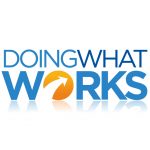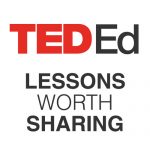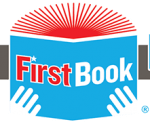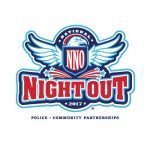Advocacy & Policy
- Advocacy/Policy (34)
- After School Administration (14)
- California Standards (39)
- Child Advocacy (39)
- Common Core (32)
- Education Rights and Reform (18)
- Juvenile Justice and Reform (22)
- National Standards (13)
- Youth Justice and Reform (20)
UURISE is a non-profit, 501(c)(3) organization incorporated in 2007 to empower immigrants and refugees in the U.S. by offering direct legal services, particularly to those who have few resources to obtain legal assistance.
Human Rights Watch is a nonprofit, nongovernmental human rights organization made up of roughly 400 staff members around the globe. Its staff consists of human rights professionals including country experts, lawyers, journalists, and academics of diverse backgrounds and nationalities. Established in 1978, Human Rights Watch is known for its accurate fact-finding, impartial reporting, effective use of media, and targeted advocacy, often in partnership with local human rights groups.
The Human Rights Campaign represents a force of more than 1.5 million members and supporters nationwide. As the largest national lesbian, gay, bisexual, transgender and queer civil rights organization, HRC envisions a world where LGBTQ people are ensured of their basic equal rights, and can be open, honest and safe at home, at work and in the community.
Amnesty International is a global movement of millions of people demanding human rights for all people – no matter who they are or where they are. We are the world’s largest grassroots human rights organization.
The United Nations is an international organization founded in 1945. It is currently made up of 193 Member States. The mission and work of the United Nations are guided by the purposes and principles contained in its founding Charter.
Due to the powers vested in its Charter and its unique international character, the United Nations can take action on the issues confronting humanity in the 21st century, such as peace and security, climate change, sustainable development, human rights, disarmament, terrorism, humanitarian and health emergencies, gender equality, governance, food production, and more.
Educator Greg Curran’s podcast covers a range of educational topics, but quite a few episodes circle around issues of social justice. Recently, he curated these resources into a Social Justice Resources Collection. These episodes will be mainly useful for teachers to educate themselves about social justice education: what complications and questions come up, helpful do’s and don’ts, and why it’s worth it. He interviews practicing teachers and administrators who are walking the walk with social justice teaching. Listening to them will give you a template from which to build your own practice.
Since 1999, the DC Trust, formerly known as the DC Children and Youth Investment Trust Corporation, has been proud to work in partnership government, nonprofit, and advocacy groups to create big solutions to the most pressing needs of the city’s youth.
Doing What Works helps educators understand and use research-based practices. This library includes interviews with researchers and educators, multimedia examples and sample materials from real schools and classrooms, and tools that can help educators take action.
This resource explains a bit about what juvenile justice is as well as provides additional resources on this topic.
TED-Ed is TED’s youth and education initiative. TED-Ed’s mission is to spark and celebrate the ideas of teachers and students around the world.
First Book is a nonprofit social enterprise that provides new books, learning materials, and other essentials to children in need. Since our founding in 1992, First Book has distributed more than 160 million books and educational resources to programs and schools serving children from low-income families.
National Night Out is an annual community-building campaign that promotes police-community partnerships and neighborhood camaraderie to make our neighborhoods safer, more caring places to live.


